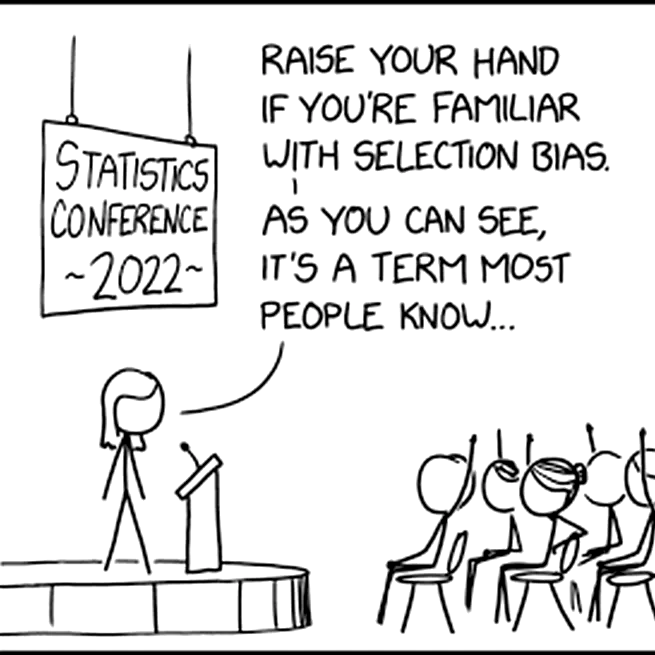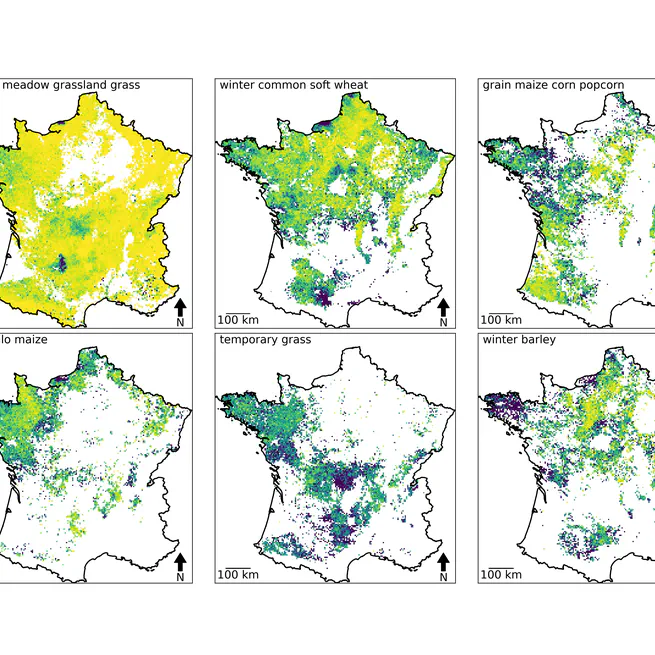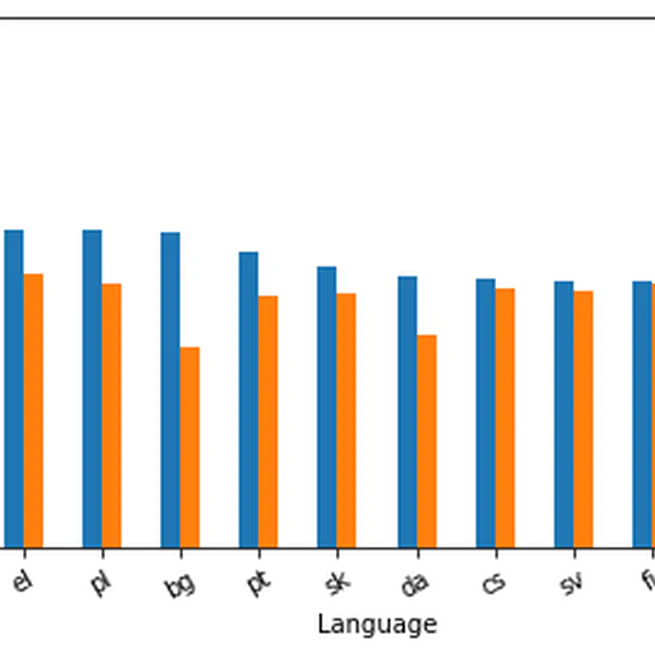
As AI becomes increasingly pervasive in our society, it's crucial that we ensure these systems are fair and unbiased, avoiding the perpetuation of existing inequalities and instead promoting universal access to information and opportunities. In this paper, we break down the concept of bias in machine learning, exploring what it is, why it's a problem, and how to detect and mitigate it using specialized datasets, algorithms, and methods to create more equitable AI systems.
Aug 1, 2024

This is a new approach to classify crop types using a multimodal hierarchical model combinning satellite data, crop rotation patterns, and local crop distribution. It outperforms existing approaches by leveraging the spatio-temporal context of agricultural parcels, and has shown promising results in cross-country transferability and few-shot learning settings.
Apr 1, 2024

We've developed a machine learning approach to automatically recognize the opinions of citizens in online public consultations, using three datasets to train a model that can classify stances on various topics. Our work experiments with different methods, including self-supervised learning, and makes several annotated datasets available for others to use. This work was used in the Touché shared task of CLEF 2023.
Apr 1, 2023